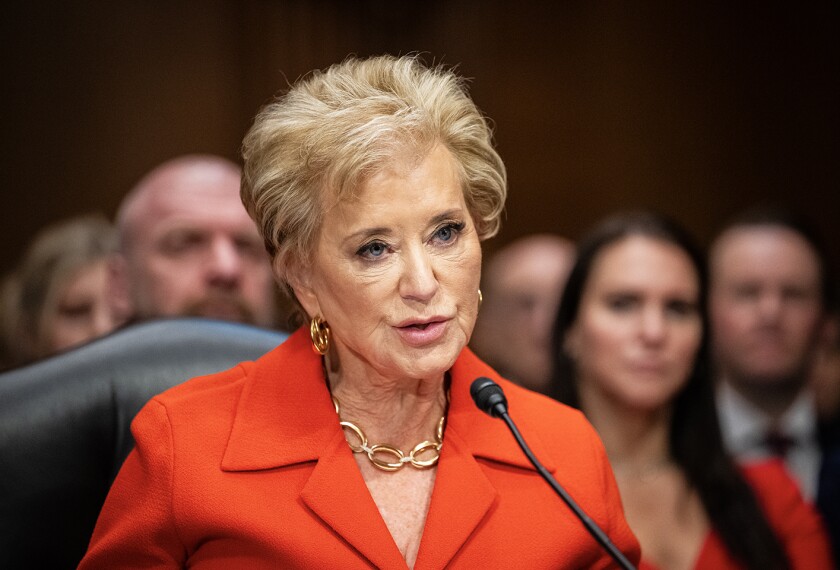AEI’s annual Education Policy Academy gives me a chance to spend a few days with 20 razor-sharp graduate students, which tends to make for engaging and eye-opening conversations. The discussion took us deep into the question of just what it means to be an “expert.” I thought a few of the takeaways from our last gathering were well worth sharing, especially in an era marked by distrust, polarization, and populism.
In my opening seminar, we did a little group quiz. As always, it was quickly evident that these talented young scholars (who study education policy) have learned a lot about research methods and their area of narrow specialization—but not the more prosaic contours of the education policy debates. For instance, few knew the national student-teacher ratio, the eligibility requirements of Biden’s student-loan “forgiveness” proposal, the size of this year’s national deficit, which congressional committees are responsible for education, or how much the Institute of Education Sciences spends each year.
And this stuff matters when it comes to education policy. Anyone suggesting that we should spend more on education research or that we should hire more educators should know how much we’re currently spending or how many teachers there are. Anyone arguing that Biden’s student-loan scheme is good (or bad) policy should know what that policy actually is. Anyone urging more school spending or arguing that Congress is making bad decisions on education should know how much Washington is borrowing and who specifically makes those decisions.
But academic training today just doesn’t pay much attention to such things, given the relentless focus on research methods, publishing, and current theoretical constructs. That means dissertations are completed, careers are launched, and lines of research are initiated without much sense of how any of this intersects with the larger world. Worse, it’s not like there’s some future point in these researchers’ careers where this kind of information is necessarily learned or obviously valued. The result is that even influential, highly credentialed education “experts” can wind up woefully unclear about how things really work. (This can help explain why so many “evidence-based” strategies disappoint in practice.)
While this is partly a plea for research training in education to evince more interest in the world researchers are trying to influence, there’s a larger point here regarding the nature of expertise itself. In education, expertise tends to be discussed in fairly technical terms. Districts hire consultants who are “experts” in social and emotional learning. States are always bringing in “experts” in assessment or accountability. Conferences feature “experts” in teacher training or virtual learning.
As someone who’s frequently been billed as just such an “expert,” I’ll tell you what I tell my audiences: Don’t imagine that my credentials count for more than your experience. Whatever expertise I’m sharing is very partial and very particular. And don’t take anything I say on faith.
What does expertise actually mean, anyway? Much (or perhaps most) of the time, it means that the experts in question have been trained in these topics, collected various kinds of evidence on them, and then written about what they’ve found. That’s just fine. And that is certainly one kind of expertise. But it’s only one kind.
This sort of “academic” expertise can explain, for instance, that a given math curriculum generally had these results over a range of studies or that this SEL intervention had those outcomes in a given school district. That’s useful. But the expert usually can’t tell us just why a program worked, why it worked in some places but not others, or how to ensure that it will succeed in a new setting.
Another kind of expertise is “applied” expertise. That’s the wisdom of the veteran educator who has tried lots of things in their classroom and come to develop a sense of which ones work. It’s the insight of a veteran district official who has seen where well-regarded new curricula or materials fall short.
Then there’s the “relational” expertise of someone who really knows a given community, whether that’s a local school district or a state’s political topography. They know why a school board member may resent a particular vendor, why a legislator has a passion for a certain program, or how the implosion of a previous reform strategy poisoned the well.
There are many kinds of expertise in this world. And those who seek to influence educational policy or practice would do well to understand and appreciate all of them.






